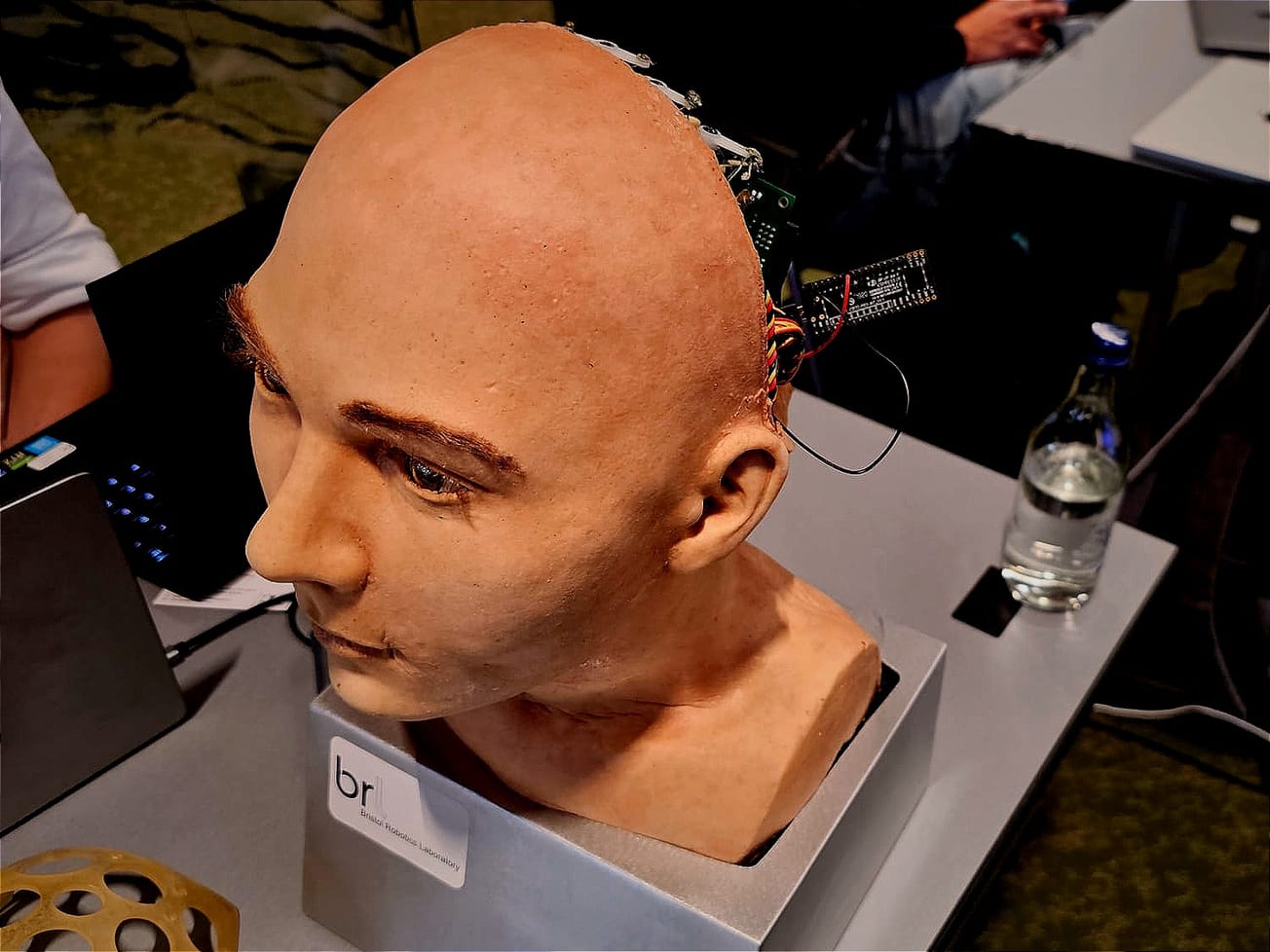[Editor's Note: This is part two of a two-part series this week on the future of AI. Read the first part here.]
GENEVA (AN) — Already, artificial intelligence is the main driver of big data, robotics and the Internet of Things, and it's pushing the oldest U.N. agency into more uncharted waters of standard-setting and governance.
The International Telecommunication Union, which dates to the 19th century era of the telegraph, sets technical standards for smartphones, satellites, internet and TV. Some 95% of global communications traffic runs on optical transport networks built to ITU standards. Last year's AI for Good Global Summit was ITU's first since OpenAI launched ChatGPT to the public in Nov. 2022, unleashing a surprisingly powerful yet sometimes "hallucinatory" generative AI that became an overnight commercial hit.








